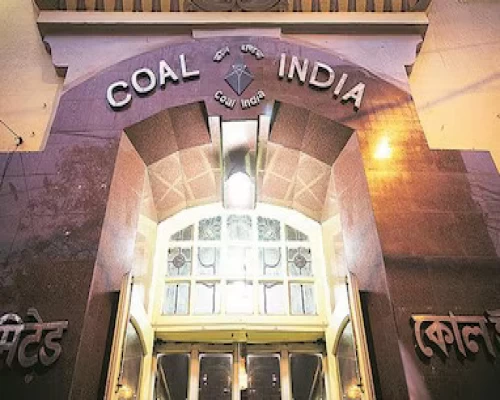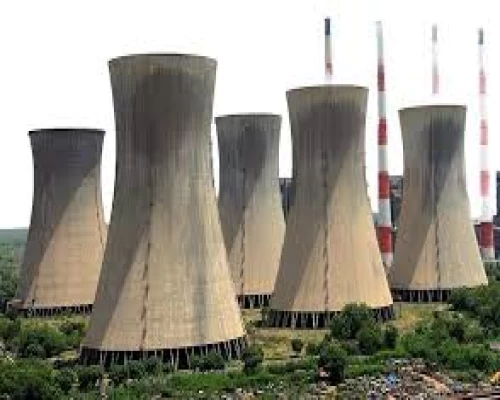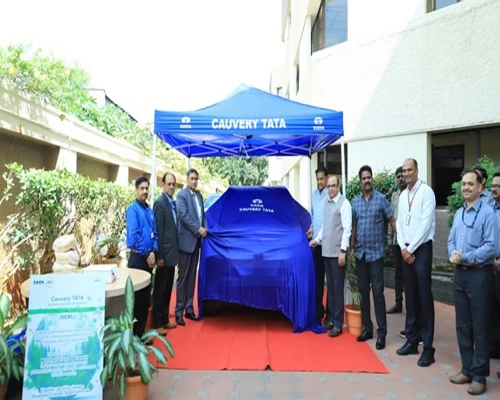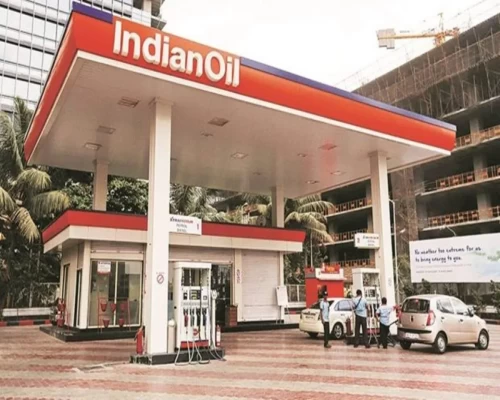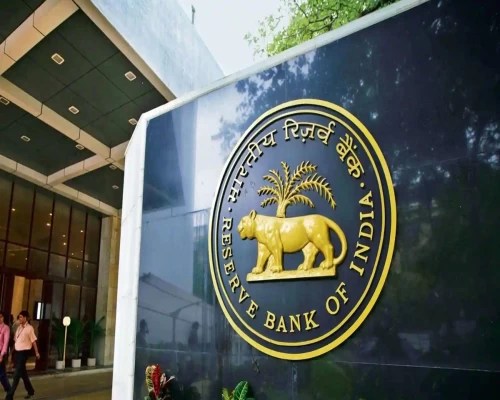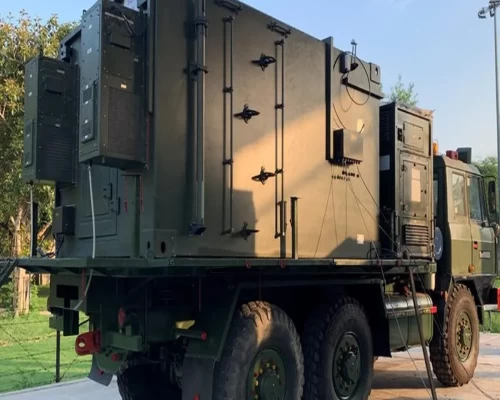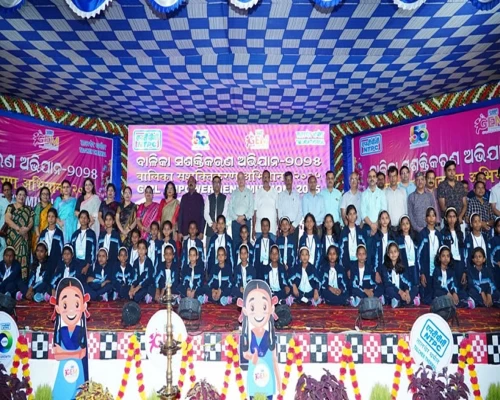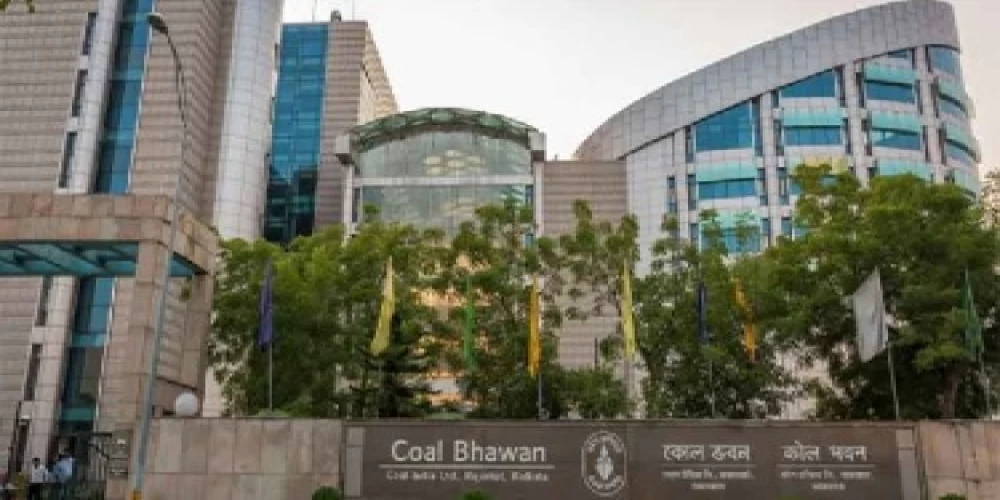
West Bengal: Coal India Ltd (CIL), best described as the backbone of India’s energy security is also engaged in further consolidating its Sustainable Development Goals. In many of the backward and remote hamlets of India, CIL is bringing improvements in basic amenities and the living standards of the villagers. Eastern Coalfields Limited (ECL), one of the strong subsidiaries, is strengthening CIL to provide solar energy, and quality education facility in the remote villages of Purulia District, West Bengal.
CIL has decided to take up the challenge in converting 38 villages of Neturia Block into a model. Initially an exhaustive survey was carried to identify the exact number of beneficiary households by Tata Institute of Social Sciences (TISS), Mumbai.
ECL, operates coal mines in Purulia District where the local populace is mainly dependent either on coal operation activities or on agriculture. Most of the households used firewood as their primary source of fuel for cooking and use of Kerosene was very prevalent. Many households did not have toilets and resorted to open defecation. There was no computer education facility in the Govt. schools in the villages.
In just a span of few years, massive transformation of these villages was done. To provide solar energy based solutions to the energy needs of the households, one Integrated Domestic Energy Systems (IDES) was installed in every identified household. A unit of IDES has components such as one Solar Household Light (SHL) system with the facility to power a LED bulb and a mobile charging socket, one Improved Cook Stove (ICS) which has a solar powered fan resulting in efficient firewood combustion and much lower smoke than the traditional Chulhas. A total of 9,000 households were covered under this project component.
In order to educate the local farmers in the field of Agriculture, Greening and Capacity Building, 1,250 beneficiaries were identified from 10 villages based on the soil sample analysis with exposure visits of farmers to Birsa Agriculture University (BAU) and Institute of Forest Productivity (IFP), Ranchi. This was added with distribution of improved agriculture implements, fruit bearing plant saplings and distribution of goats. Intensive training to these farmers were provided for System of Rice Intensification (SRI) for improving paddy yield, making bamboo handicrafts, Pisciculture activities in selected ponds, mushroom cultivation etc. Needless to say these measures yielded immediate positive effect on the local farmers.
On sanitation front, a total of 5,660 households were identified for construction of Individual Household Toilets based on the parameters such as land availability, already existing toilet, list of households provided by block level administration etc. Prior to construction of toilet in a household, awareness activity was undertaken and the household was made to take a pledge to use the toilet.
In order to upgrade local schools, one computer each with power backup was provided to forty Govt. schools. Computer trainer was also recruited to train the students and permanent teachers in operating the computers. Setting up of a library with basic books in Hindi, English and Bengali in each of these schools is another noteworthy initiative of CIL to further uplift these less privileged students community.
This project, with a cost of Rs. 27 crores, is among the high-impact rural development projects of CIL under its commitment for making better and positive social environment along with mining under Sustainable Development.




